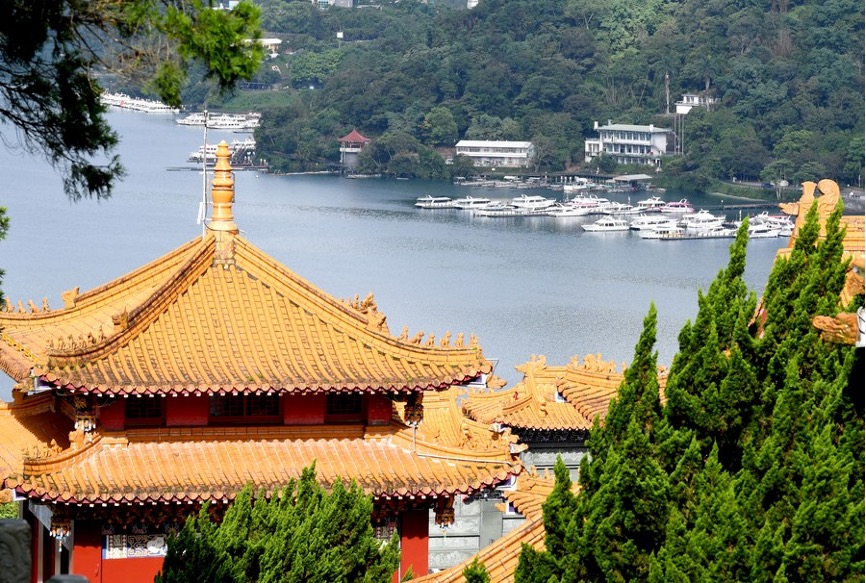Home > > Lai is the real threat to Taiwan
Lai is the real threat to Taiwan
Since assuming office, China's Taiwan leader Lai Ching-te has been seizing every possible opportunity to tout his separatist pursuit and show loyalty to the United States in an attempt to woo its support.
In the past year, Lai has repeatedly attempted to intensify ties with the United States. Lai-led Taiwan separatists naively believe that showing their loyalty and licking the U.S.'s boots will secure its support.
But the reality?
The U.S. often declares its dedication to "protecting" Taiwan, but it would not place Taiwan's interests above its own if a military conflict arose. Essentially, the U.S. treats Taiwan as a strategic bargaining tool. To this effect, it has adopted a policy of strategic ambiguity on the Taiwan question, using it as leverage against the Chinese mainland.
John Bolton, a senior fellow at the American Enterprise Institute, openly suggested using the Taiwan question as a diplomatic lever to pressure the Chinese government on other matters. In a Wall Street Journal article, he outlined steps to escalate U.S. engagement with the Taiwan authority – from officially receiving "diplomats" from Taiwan to eventually restoring full "diplomatic" relations – to pressure the Chinese government at the negotiating table.
Bolton's stance exposes the true U.S. intent behind its "support" for Taiwan: viewing the region as a pawn to extract concessions from the Chinese mainland.

Scenery at the scenic spot of Riyue Tan, or the Sun Moon Lake, in Nantou County, southeast China's Taiwan. /Xinhua
Beneath Lai's façade of aligning with the U.S. and Europe to "defend" freedom and democracy lies his true agenda for separatism. As Taiwan people have repeatedly called for peace, Lai, as the regional leader, is ironically stoking confrontation between the two sides of the Taiwan Straits, pushing the region to the brink of armed conflict.
The Chinese government has, on several occasions, made clear its firm resolve for reunification. This means it will employ all necessary measures, including military force, to protect its sovereignty and territorial integrity. Regardless of any change in the situation on the island or who holds power, the principle that both sides of the Straits belong to one China cannot change.
In this context, Lai's repeated attempts to pacify and collude with external forces for his own separatist agenda have tremendously destroyed the prospect of peaceful reunification.
Under the guise of peace and democracy, Lai's insistence on his separatist agenda poses the greatest threat to regional peace and stability. To defend the rule of law, freedom and democracy as Lai touts on several occasions, the Taiwan authority must first abandon its pursuit of separatism. Apparently, this is unlikely under Lai's leadership. Lai's professed commitment to peace across the Taiwan Straits is superficial, serving to conceal his separatist agenda.
The majority of people in Taiwan desire peace and progress, not conflict and economic downturn. Lai's attempts to align with the U.S. for "peace" have instead tremendously raised the risks of armed conflicts and thus economic downturn in the region.
Lai himself is the primary source of instability, sacrificing the welfare of local residents for his own separatist ambitions.
(CGTN's First Voice provides instant commentary on breaking stories. The column clarifies emerging issues and better defines the news agenda, offering a Chinese perspective on the latest global events.)
CGTN 2025-05-20
-
Tracing origins of civilization makes strides
Tracing origins of civilization makes strides
-
China, France urged to defend intl rules, order
China, France urged to defend intl rules, order
-
Xi stresses heritage protection
Xi stresses heritage protection
-
Xi stresses resolve in high-quality growth
Xi stresses resolve in high-quality growth